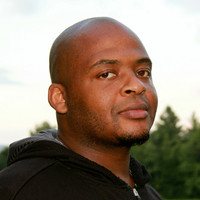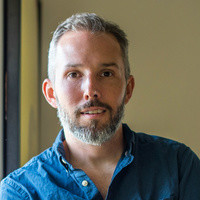Kiese Laymon is the author of How to Slowly Kill Yourself and Others in America and Heavy: An American Memoir.
“It’s ironic to me that my mom was the woman who taught me how to read. She was the black woman who taught me how to read and write. And everything I wrote outside of my house I was taught not to write to my mama. I just think that’s where we are as black writers and black creators in this country. Literally because most of our teachers are white. Principals are white. The standards are white. But I wanted to flip this on its head and I wanted to write this book to the person who taught me how to read and write. And, yeah, we got some dysfunctional, fucked-up shit going on. But we also have some abundant love shit going on, too.”
Thanks to MailChimp, The Last Column, and Pitt Writers for sponsoring this week's episode.





